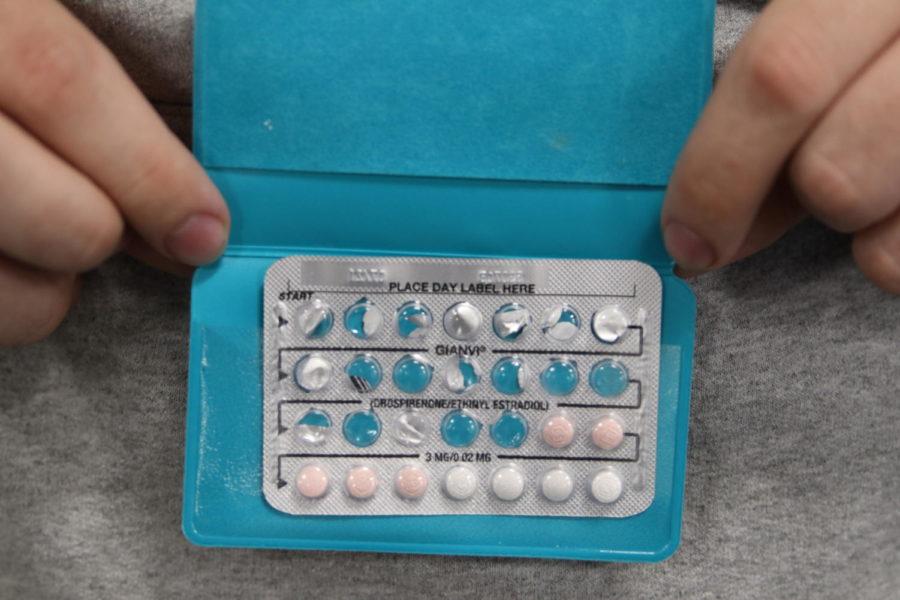Iowa State students have options when it comes to contraception
January 24, 2018
With federal funding for family planning being revoked in the last legislative session, Iowa has been described as a “contraceptive desert,” according to the Des Moines Register in a Jan. 10 editorial.
According to the editorial, federal funding for family planning was revoked in the last Iowa legislative cycle, four Planned Parenthood locations–three in eastern Iowa, one in western Iowa–closed their doors, limiting access to contraceptives and healthcare for the 15,000 patients they collectively served.
The editorial also stated “lawmakers directed the Iowa Department of Human Services to create a new program with state dollars that bars participation by any health provider that also happens to offer abortions.”
Family clinics in neighboring towns like Grinnell and Marshalltown have closed due to payment problems with private insurers, according to the editorial. While neither provider provided abortions, it did provide contraception and healthcare to over 2,000 patients.
Despite contraceptive and women’s health services becoming limited in certain parts of the state, students in Ames still have options when it comes to obtaining contraceptives and continuing to use them.
“We haven’t noticed any changes in funding for contraception,” said Brittni Reifschneider, ARNP, a women’s healthcare provider at the Thielen Student Health Center. “Per the Affordable Care Act, all insurance is supposed to pay for contraceptives.”
Despite the Affordable Care Act’s mandate about birth control, the Trump administration has narrowed that mandate, allowing religious employers, like churches, to be exempt from covering contraceptives, according to healthcare.gov. Employees who use contraceptives and work for an “exempt” employer may have to pay for contraceptives out of pocket.
Reifschneider noted the health center provides all methods of contraception, from the typical birth control pill or patch to more permanent methods like an intrauterine device, or IUD, or the Nexplanon insert that goes into a patient’s arm and is viable for up to three years.
“Even if a patient doesn’t have insurance, the health center has a sliding fee scale or offers lower payments,” Reifschneider said when asked about options for students who do not have insurance or who cannot afford contraceptives.
While Ames’ Planned Parenthood clinic remains open, and the health center continues to provide options for students to obtain contraceptives, a funding cut has not directly affected the Ames community.
“It’s not something we like to see,” Reifschneider said about a potential funding cut. In the context of Iowa State and its students, Ames residents will be able to continue to have access to contraceptives in their community. If that were to change, Reifschneider said “hopefully there would be other sources or an alternative kind of plan for patients to get those services.”
















